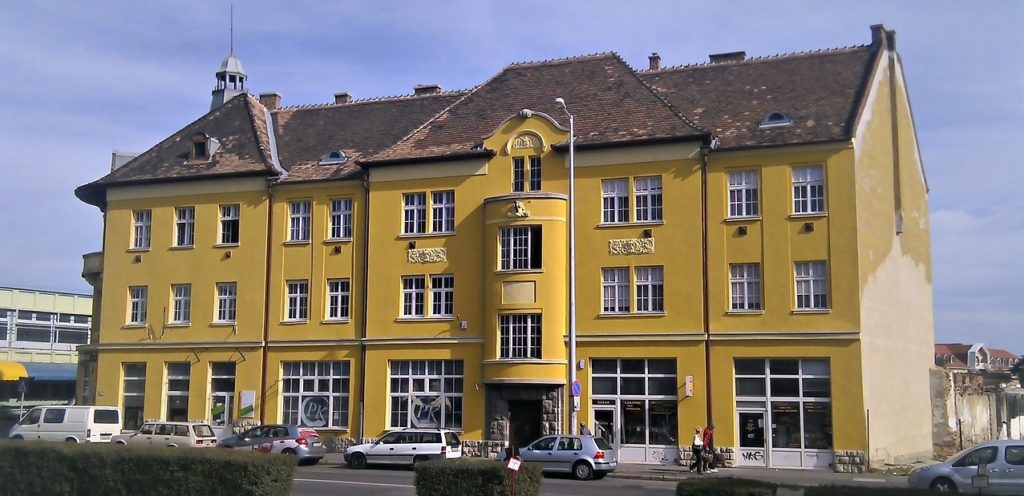The surge in real UK house prices is nothing new, with rapid and sustained price growth having gripped the market for years now.
This year’s surge has been particularly pronounced, as house prices hit record highs and the average value of a UK home increased by 13.2% between June 2020 and June 2021 according to the Office for National Statistics (ONS).
But what’s driving this, and why are property prices in the UK at their highest since 2007? Let’s find out!

Why have house prices continued to rise in the UK?
Many experts have suggested that this year’s surge in house prices was compounded by the stamp duty holiday, which was rolled out as a result of the coronavirus pandemic.
This meant that between July 1st and September 30th, absolutely no stamp duty at all was payable on homes up to the value of £250,000. This meant a saving of £2,500 during this period, although the stamp duty-free threshold of £125,000 will return after the latter date has passed.
However, a more fundamental trigger exists in the form of a lack of available properties, with governments having failed to meet their house building targets since the late noughties. This, according to the majority of Royal Institution of Chartered Surveyors (RICS) members, will cause prices to rise further over the coming year or more.
In fact, the subsequent imbalance between supply and demand caused a net balance of 83% of surveyors to report a marked increase in property prices, with this affecting a host of locations outside of London.
This is also impacting on both sales and rental markets, as there simply aren’t enough properties to meet real-time demand across all generations. This long-term issue has blighted the real estate market in the UK for years, and it appears unlikely that this will change anytime soon.
Other factors include a surge in house owners investing in property a second time, using savings accumulated during the lockdown. While many have tightened their purse strings during the pandemic to cope with a loss of income; others have maintained their salaries while spending far less on travel, entertainment and dining out, which has lead to a savings boom.
This upward increase in property prices hasn’t made property a 100% safe investment, however. The value of real estate assets can fall as well as rise, as was documented in the aftermath of the 2008 financial crisis. The best property investment books make clear that despite a strong business case; reckless buyers who overpay for property can certainly lose money.
The impact on older home-owners
While this problem is making it hard for younger and first-time buyers to set foot on the property ladder, older citizens who already own homes and have almost paid off their mortgages are benefiting from their property valuation surging.
In fact, the equity release market in the UK is continuing to boom, as older property owners received a £1.94 billion property wealth boost during the first half of 2021 in line with soaring home prices.
To this end, the number of equity release plans taken out rose by 3% in the six months to June 30th, peaking at 20,445 during the period.
Overall, there’s no doubt that the fundamental lack of housing in the UK is driving sustained price growth, with the Resolution Foundation claiming that the role of the short-term Stamp Duty holiday was dramatically overstated.
Other contributing factors include changing house preferences (such as wanting more green space) as driving value increases, while lower mortgage rates have also played a critical role both in 2021 and previously.